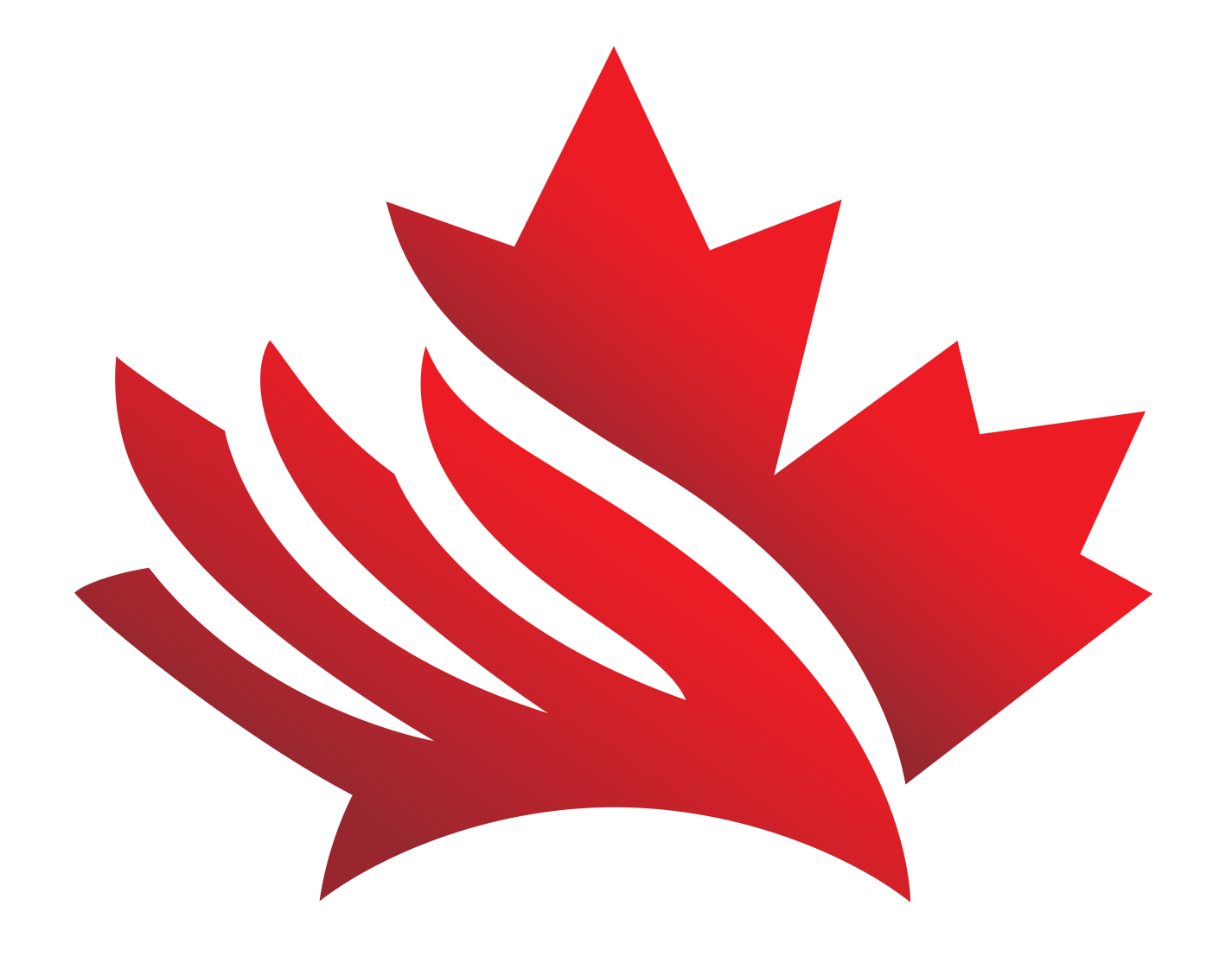Workers’ compensation benefits are payments for injuries or diseases that are related to the work you were doing. Workers’ compensation is paid by the Workplace Safety and Insurance Board (WSIB). It used to be called the Workers’ Compensation Board.
Workers’ compensation is a “no-fault” system. This means it does not matter whose fault the injury was. Even when someone else does something to you on purpose and you get injured, you can receive benefits.
Your work does not have to be the only cause of your injury or disease, but it must be a significant cause. For example, if you develop a pain in your back after lifting something heavy at work, your job could be the cause.
If your problem starts when you are not at work, your work could still be the cause of your injury. For example, if you have a heart attack at home, or you develop lung cancer years after working in the mines, it could be related to your job.

The injury might happen in an accident, for example, falling off a ladder. Or the work-related injury or disease could be something that happens over time. For example, you might not think your back pain is connected with your job because you did not have an accident and you have the pain all the time. But your back pain could be from a lot of lifting at work, or a twisting movement you do over and over in your job. This means it is work-related and you could be entitled to workers’ compensation benefits.
You might also get benefits if your work makes an old medical condition start up again or get worse. It could be something you had before you worked at your job, such as asthma attacks, and now the chemicals you work with cause your asthma to return.
You may also be able to get benefits if a work-related injury leads to another injury. For example, if you injure your knee at work and then develop a back problem because the knee injury changes how you walk, your back problem is also a work-related injury.
Your injury can be physical or psychological. You can have an injury to your body, or your mind, thoughts, and emotions. For example, you have an injury if you fall off a ladder and break your leg, but you can also have an injury if you saw a co-worker die in a machine accident and now you are afraid of working near machinery. An injury can also be a combination of physical and psychological problems. For example, you could be depressed because you are in a lot of pain from a physical injury.
If you think your injury or disease might be connected to your work, you should file a claim with the Board right away and they will investigate.
http://www.cleo.on.ca/en/publications/makeclaim/what-are-workers-compensation-benefits
